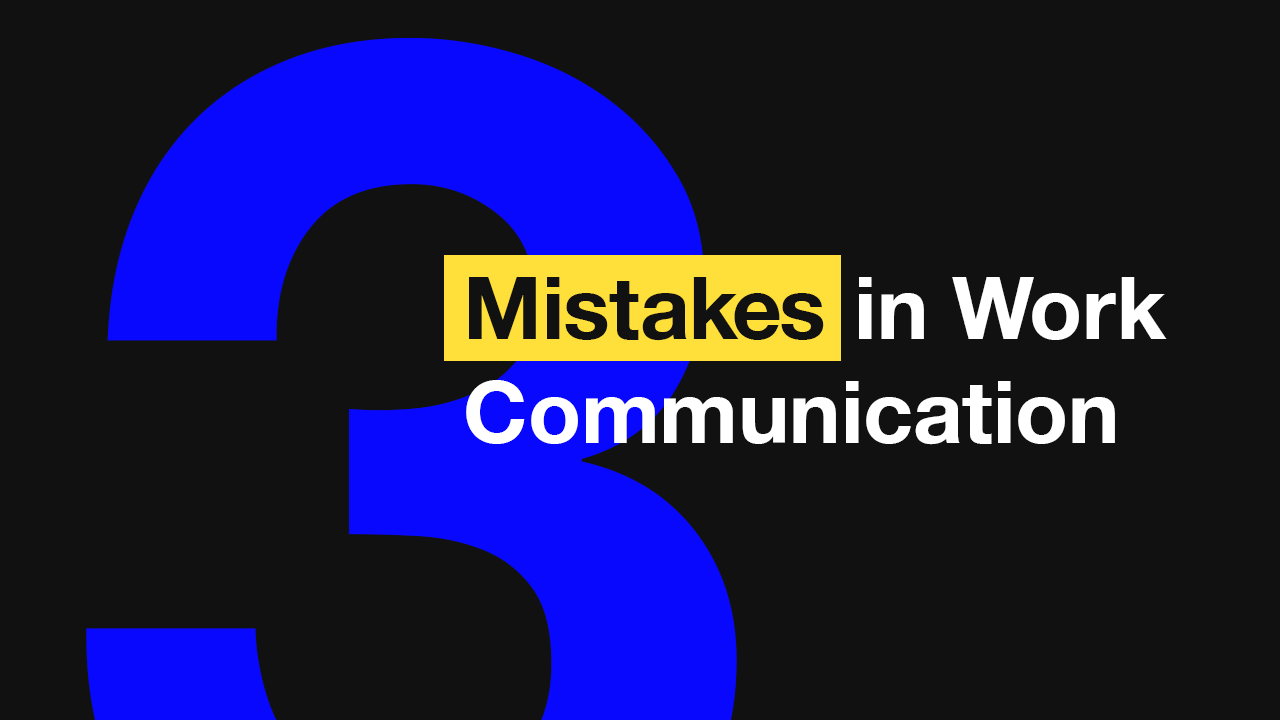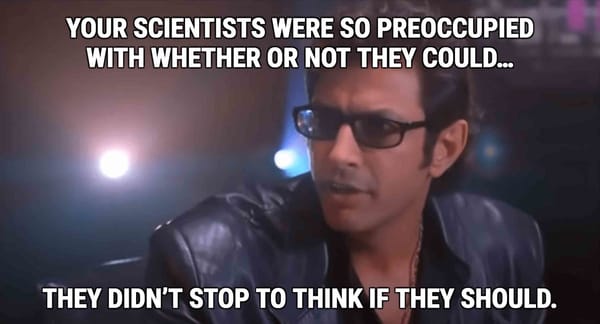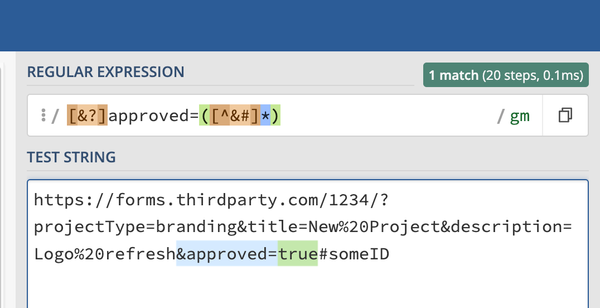3 Communication Mistakes We're Taught to Make at Work

Sometimes good advice is circulated widely. Many times bad advice catches on and we assume it is good advice because it's been repeated so often. Let's address a few of those in our business communication:
1. I Have to Use "Professional Words" to Sound Professional
It's more important to communicate well than to sound like you're smarter than everyone else.
The standard "professional" tone often feels wordy, boring, and disengaging. Sounds like the opposite of successful communication—so why do we default to this style?
Break the habit and inject personality. Humans want to communicate with humans, not robots, not gatekeepers, not canned responses.
Use empathy. This is paramount to good communication. Use the language of the person with whom you communicate—not your own language. For example, if a developer is talking to a designer, you're not going to get very far by explaining all the technical issues and using jargon only developers understand. Simplify your message by thinking about what the person knows or might know, use natural language, and limit the use of technical vocabulary words.
2. Don't Ever Apologize, it Hurts the Brand
Among email marketers, there is a shared feeling of dread as they hover over that "Send" button. Often that dread comes from knowing all too well how embarrassing it is to send out an email with some mistake—a simple spelling error or a monstrous mess-up of vital information. You can't take back emails once they're delivered.
But mistakes inevitably creep in, no matter how diligent and attentive you are.
Many companies refuse to admit making mistakes. Puffing up their chests and digging in their heels. Mistakes poke holes in our shallow self-image, so it's better to pretend we don't make mistakes—what would customers think if they knew that we knew that we made mistakes?
Well, brand sentiment actually increases when companies are forthright about mistakes—large or small. Just like when someone in your life has made a mistake and owns up to it, your view and respect for that person increases. One thing is clear: you can't trust an individual or an organization that can't admit when they make a mistake.
3. The More Information, the More Important the Message
You've got something really important to communicate to your colleagues, your boss, or your outside contacts. You spend 30 minutes crafting the perfect email, stuffed to the brim with paragraphs, explanations, and to-dos.
Problem is, the more dense the information, the more likely none of what you wrote will be read.
Concise information that ONLY matters to the specific recipient is the only way to almost guarantee what you sent will be read.
Have you ever noticed the difference in length of a response or message from your CEO compared to an intern? If it's actually written by the CEO (not some ghost written, official communication), it's probably super short and very direct. This isn't because the CEO is lazy, it's because they don't have time to waste on formalities or explanations that don't apply.
Instead of taking 30 minutes to write your email, take 10 minutes to write and 20 minutes to edit and reduce your message as much as possible.
More tips for crafting better emails:





